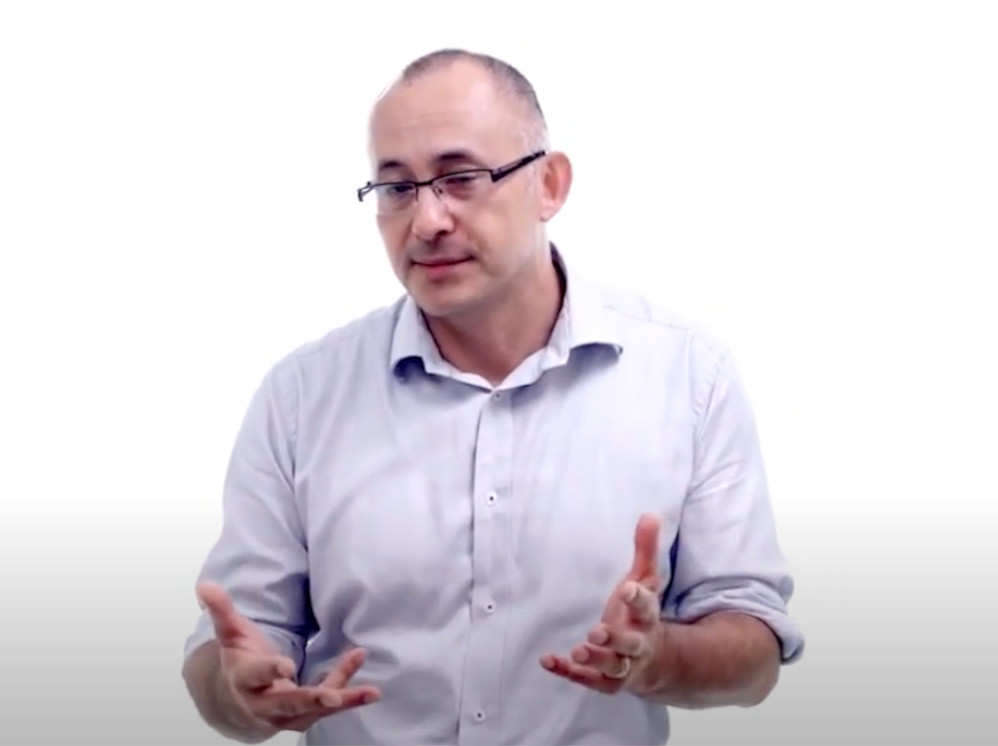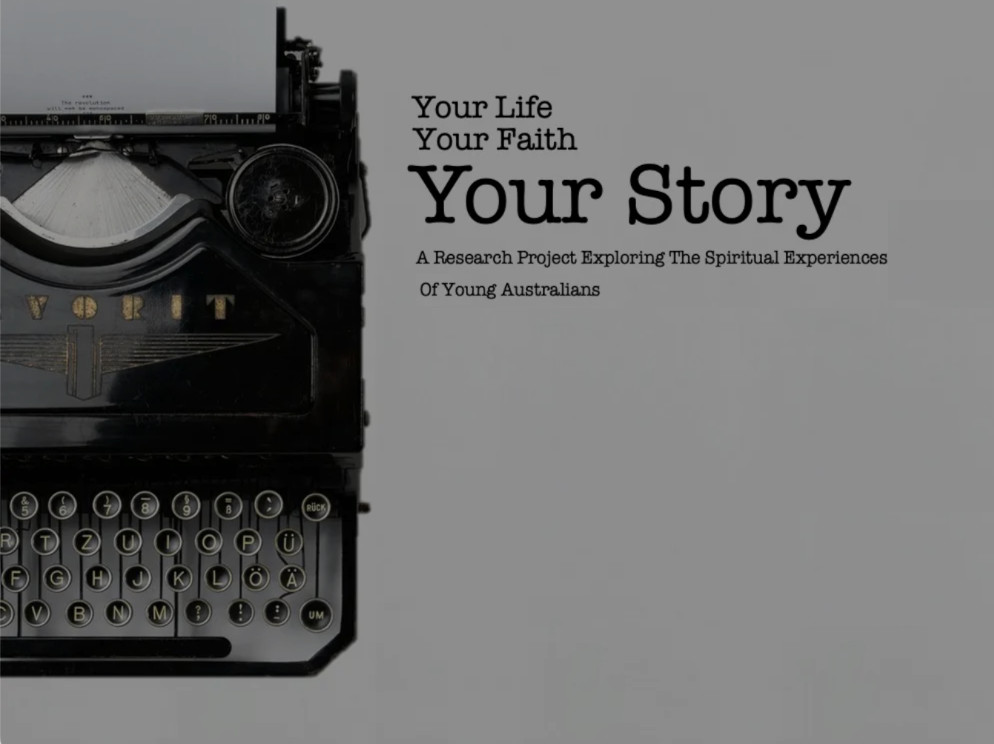Graham Stanton, a key researcher on youthwork, describes how churches can lower the dropout rate many of us experience.
“If the church doesn’t listen, the church can’t understand. When young people realise they aren’t understood, church becomes a place where they don’t belong” Walt Mueller.
One of the biggest challenges facing the church today is how to engage young people as church members. How do we hold on to the young people we have, and how do we reach out to young people outside of the church?
If the future follows the same patterns we’ve seen in the past, of the children who are currently regularly participating in church life, 72% of them will no longer attend regularly by the time they turn 20. 39% of them will not attend church at all, and 46% of them will claim to have ‘no religion’. Seeing teenagers and young adults drop out of church life has caused heartache and grief for families and churches and has received a lot of attention in research and youth ministry training.
The church has often talked about young people more than we’ve talked to young people. And as Walt Mueller has observed, a lack of listening has likely contributed to young people’s lack of belonging.
Listening to young peoples’ stories of faith and spirituality is the focus of Your Story, a major new research project funded by Converge Oceania and conducted by researchers at the Ridley Centre for Children’s and Youth Ministry and the Australian College of Ministries.
Your Story asks young people to share their experience of faith and spirituality and to tell the story of how they came to hold the faith they have today. The survey leads young people to reflect on the influences and influencers who have been part of their story.
The research is still in the early days of collecting data from teenagers all around Australia, from young people of all faiths and none. Already the researchers have been humbled by the privilege of hearing young people share their experiences of faith.
We’ve heard warm reflections on the positive influence of children’s and youth ministry leaders, such as Harmen who said, ‘I had a great kid’s church pastor who made everything so much fun and for the first time in my life I wanted to be there on a Sunday morning’.
Grace spoke about the value of having time to talk with her parents about challenges to faith: ‘Going through high school, it was difficult to find time to read my bible . . . There were a few times where I questioned some bible verses, but my parents were always willing to chat’.
Existing research has already revealed that many children and young people are experiencing struggles with mental health and anxiety. Hearing first-hand some of the stories behind the statistics is sobering: Jacqui said ‘I have had long-term struggles with mental health and past trauma. I have struggled with the stigma of mental health in the church. People have made me question if I trust God enough due to my anxiety and depression.’
The prevalence of doubt is also known from previous research, but those experiences become more challenging when heard through young people’s own words:
Demi: ‘I used to have a lot of questions, but now I’m too scared to ask’.
Kylie (speaking to her faith community): ‘You made me feel guilty when I had questions or doubt. Saying god loves me isn’t enough if I can’t feel it’.
Naomi: ‘[Mum and Dad] helped until I had serious doubts, then I haven’t asked them and pretended I’m fine’.

The research has a long way to go. We hope to discover patterns of faith formation among young Australians and to identify the factors that promote and inhibit young peoples’ experience of spirituality and growth in faith.
One of the early findings is that there’s value in asking the questionanalysingefore analysing the data. One young person, on arriving (finally!) at the end of what is quite a long online survey, said, ‘Phew! Well, that took a little effort, but I’m glad I did it. The survey asked me questions I’ve never thought about, and it helped me to see my faith journey in a completely different light. Thanks!’
Not only is Your Story a project for discipleship; administering the survey is in itself part of the task of discipleship. Churches, youth groups, community groups, and schools are great places to gather groups of young people to complete the survey together. The Your Story website has leaders’ notes to help groups use the survey as part of a general discussion of life and spirituality with young people. We’re gathering data up until Easter 2023. If you are 16-20 years old, or you know anyone who is, we’d love you or the young people you know to participate in the survey. Go to https://yourstory.ridley.edu.au/ for information and links.
Research like Your Story has given the church plenty of guidelines for how to help strengthen young people’s sense of belonging in the church community: Listen to them. Learn their names. Invite their contributions. All these are useful avenues for engaging with young people as full human beings and members of the church.
Ultimately though, it’s not techniques or social connections that keep people in the fellowship of the church – it’s meeting Jesus and coming to trust him with our hopes and fears.
Listening well to young people can open a space for genuine conversation. When those opportunities arise, we pray as Paul encouraged the Colossians to pray, that we would be wise, that we would ‘make the most of every opportunity’, and that our conversation would be ‘full of grace’ (Col 4:5-6).
May we be people of grace so that through us God would be pleased to draw others to the grace of Christ.
Get more information about the Your Story project at the website: https://yourstory.ridley.edu.au/
Graham Stanton is one of the lead researchers on the Your Story project. Graham is a volunteer youth leader at St. Jude’s Parkville, Melbourne, and Director of the Centre for Children’s and Youth Ministry at Ridley College, Melbourne.
This article was first published in The Gippsland Anglican. The Other Cheek is grateful for permission to re-publish it. The Gippsland magazine publishes some great reads and is an excellent example of a Christian magazine.
The Your story project is still collecting data from young adults aged 16-20, of any faith or none, who have mostly grown up in Australia. The survey closes on the 6th of April.

